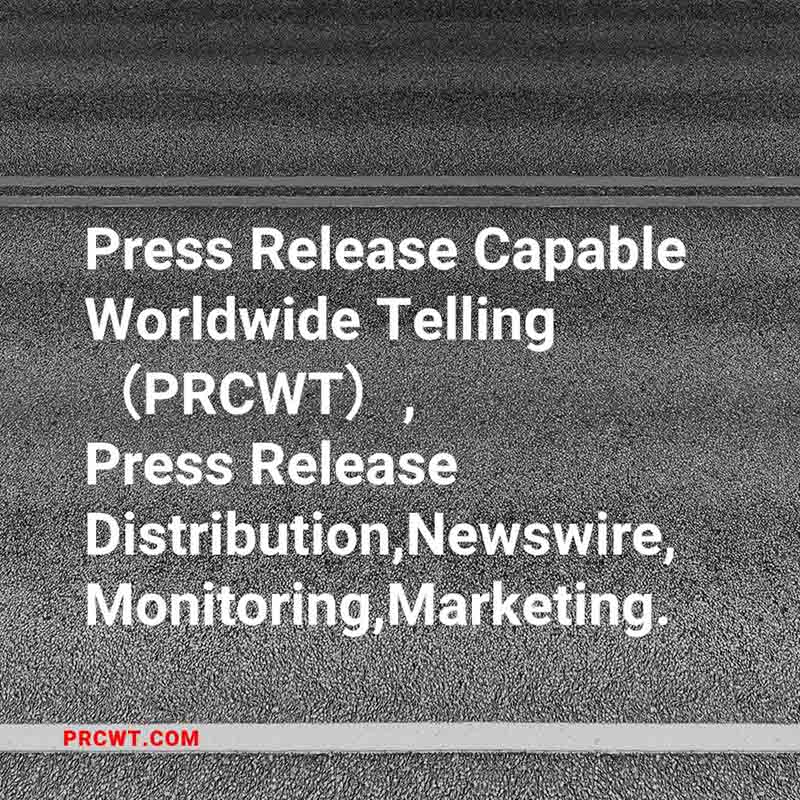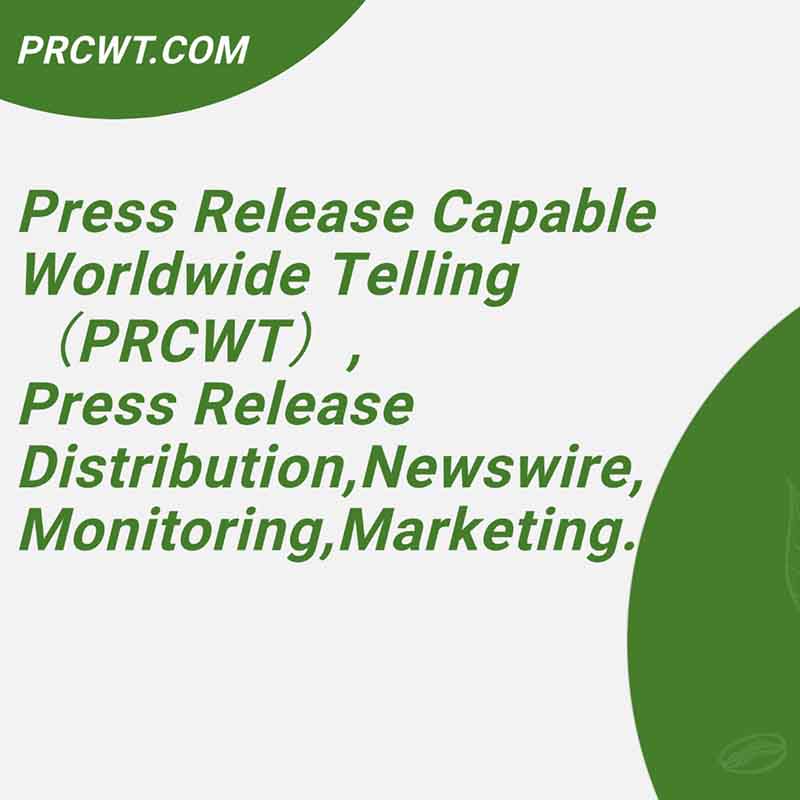In the digital age, a storytelling platform has emerged as a powerful tool for brands to connect with their audiences. It allows companies to convey their brand stories, values, and messages in a more engaging and immersive way. With the ability to create interactive content, tell tales, and evoke emotions, these platforms have the potential to drive brand awareness, customer engagement, and loyalty.
One of the key advantages of a storytelling platform is its ability to humanize brands. In a world where consumers are bombarded with advertisements and marketing messages, they are often looking for authenticity and relatability. By sharing stories that resonate with their audience, brands can build a deeper connection and trust with their customers. For example, a clothing brand might tell the story of how it was founded by a passionate entrepreneur who had a vision to create sustainable fashion. This story could inspire customers to connect with the brand on a personal level and feel good about wearing their products.

Another benefit of a storytelling platform is its potential to drive conversions. By creating engaging and emotional content, brands can capture the attention of their audience and persuade them to take action. For instance, a travel company might tell the story of a memorable trip that a customer took with them, complete with stunning visuals and testimonials. This could inspire other customers to book a trip with the company and experience the same level of enjoyment.
In addition to brand building and conversion, a storytelling platform can also be used for social media marketing. By sharing stories on social media platforms, brands can increase their reach and engagement. They can also use social media to start conversations with their customers, respond to their feedback, and build a community around their brand. For example, a food brand might share a recipe on Instagram and ask their followers to try it at home. This could lead to user-generated content and increased brand awareness.

To make the most of a storytelling platform, brands need to focus on creating high-quality content that is relevant to their target audience. They also need to be strategic in their approach and use the platform to achieve their marketing goals. For example, a brand might use a storytelling platform to launch a new product, promote a campaign, or engage with their customers during a crisis.
In conclusion, a storytelling platform is a powerful tool for brands to connect with their audiences and build their brands. By creating engaging and emotional content, brands can humanize themselves, drive conversions, and increase their social media reach. As the digital landscape continues to evolve, it is essential for brands to embrace storytelling and use these platforms to their advantage.